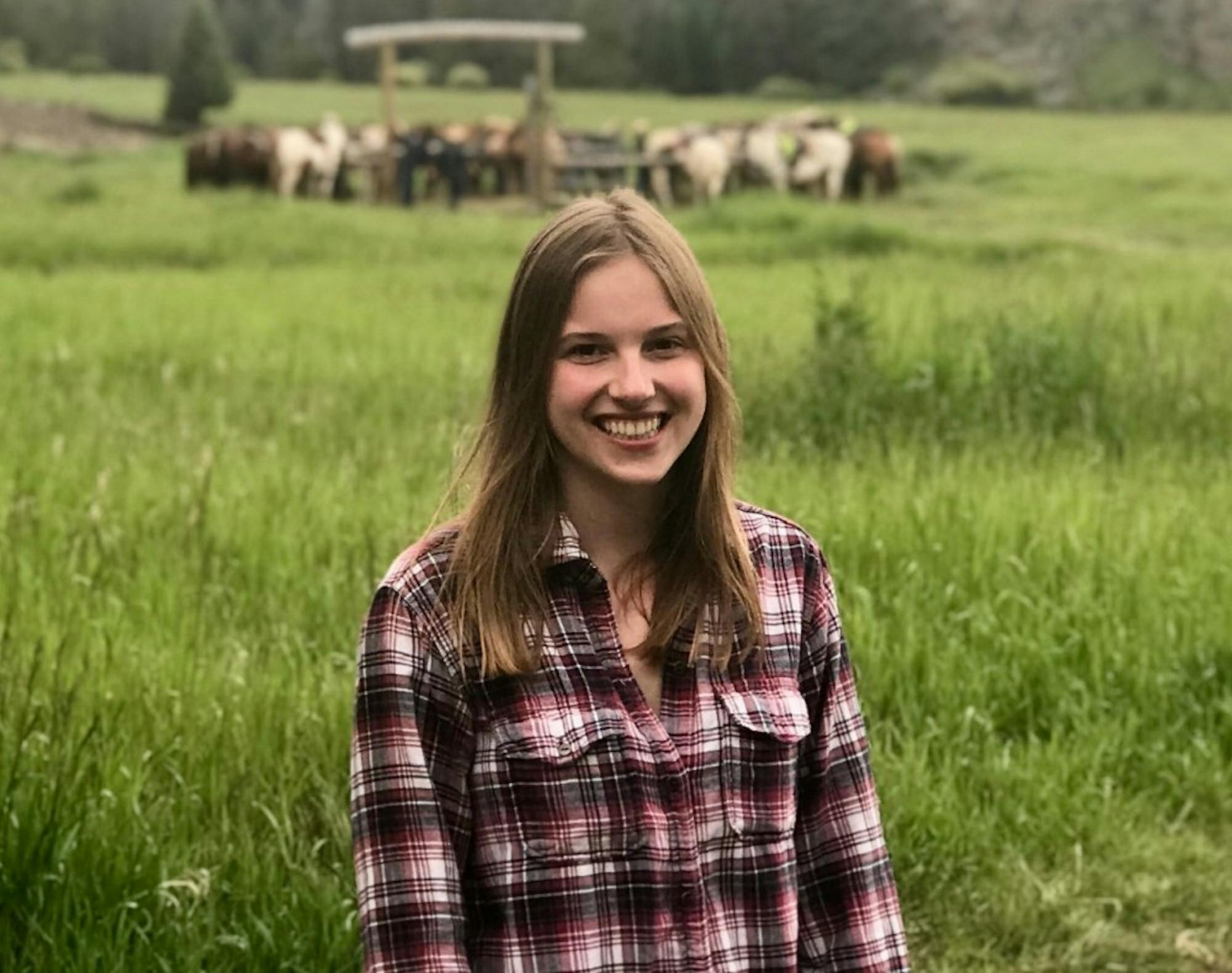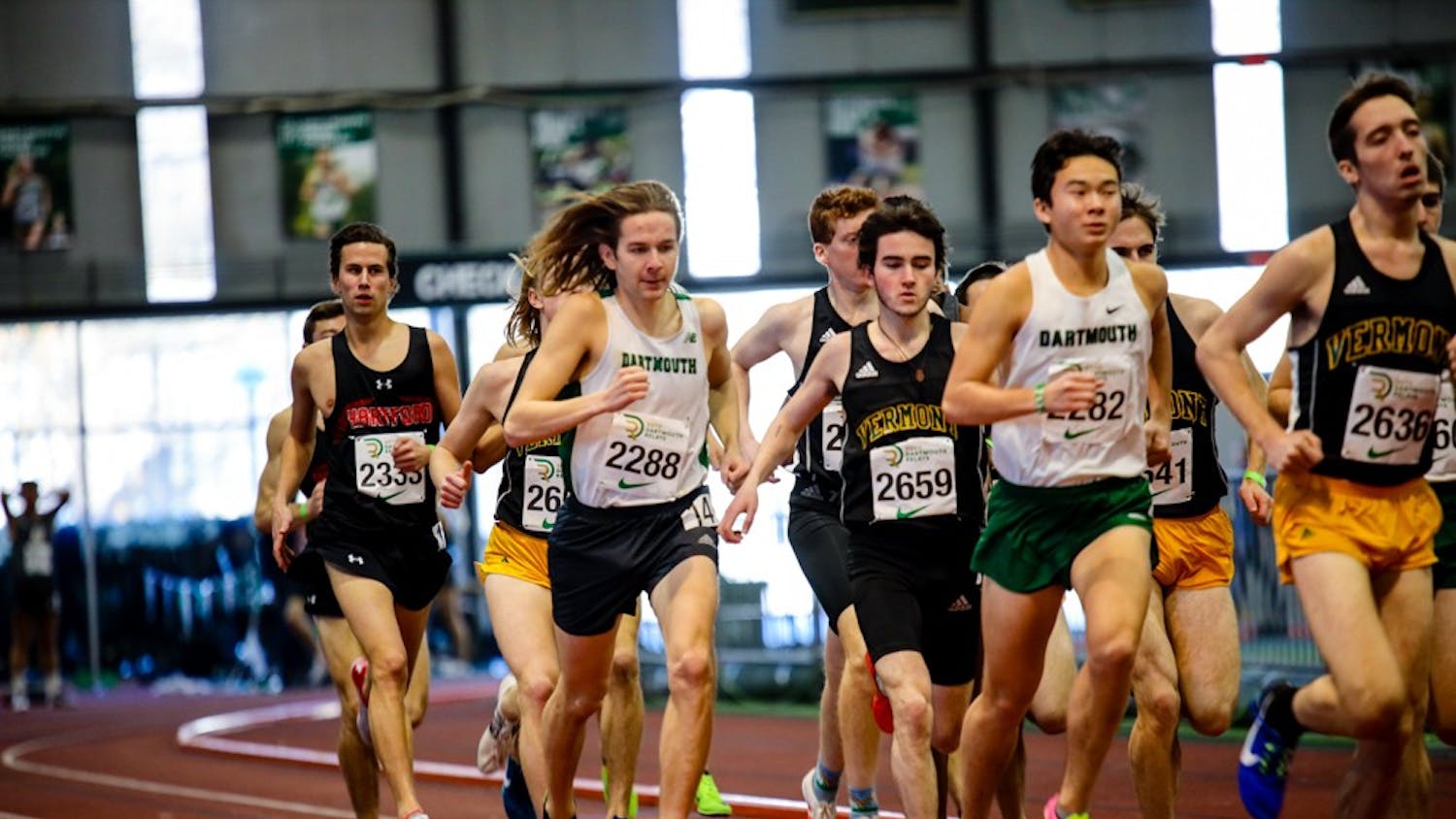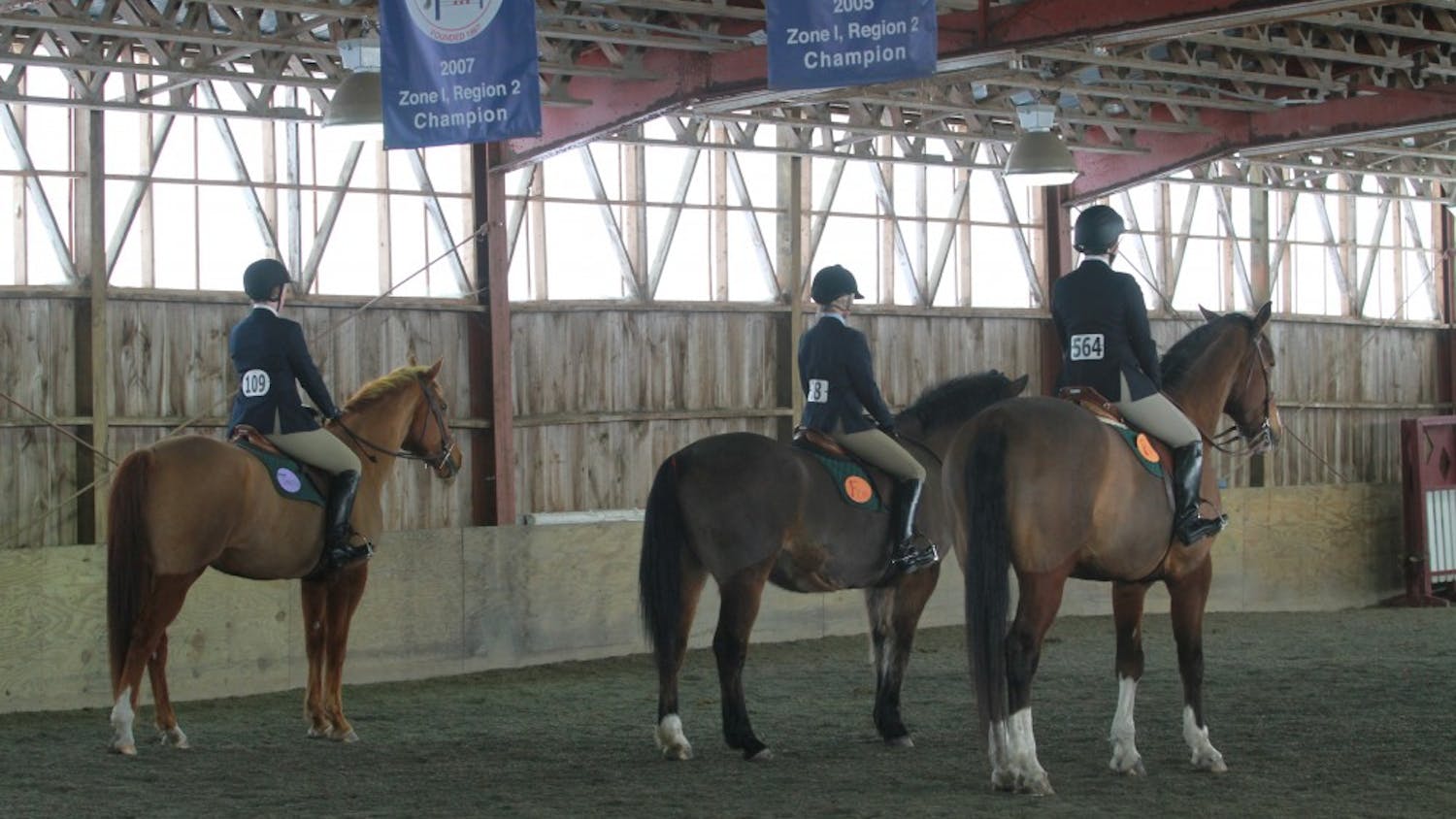It was my second week back from First-Year Trips. I’d moved into my dorm early for the debate team pre-season, but with Orientation Week approaching, my floormates were finally arriving. I’d left my backpack in Robinson Hall earlier that day by mistake, and now it was dark. Still confusing in daylight, campus felt unfamiliar at night. Like many women coming to college, I’d been told not to walk alone, and so one of my new floormates joined me.
The walk wasn’t long, and it was one of those times when you’re still getting to know someone and there’s plenty to talk about. I’m not sure why, but on the way back, in the middle of the Green, we stopped. Even with the nearby lampposts, the sky was so dark, and an absent moon made space for stars to shine. They weren’t as bright or as numerous as the cloudy Milky Way visible from Moosilauke Ravine Lodge, but we tried to recognize some of the constellations. There were three that looked like part of the Big Dipper, although they might have been the Little Dipper. Orion’s a winter constellation, so we couldn’t see it over the horizon.
“Maybe that’s one,” my friend said.
The five zig-zagging stars he was pointing at looked like a W. The comment was half joking, half serious, but I pulled out my phone. At the suggestion of an alum, I’d downloaded a star-gazing app, and sure enough, the seemingly random cluster was the modern constellation of Cassiopeia.
The human mind is a patternmaker, detecting meaning across disparate experiences, creating coherence amidst worlds of ambiguities. It finds dragons and queens and bears in a tapestry of dots. Even then, these are pictures that are easier imagined once seen; the stars of Orion become a hunter once you know you are looking for one.
Some days, my time at Dartmouth feels random. Mid-way through that first fall, I quit the debate team then briefly considered pre-med and left that track, too. I still get a chuckle when I tell people that I’m now in a Shakespeare acting troupe and studying literature along with women’s, gender and sexuality studies, but I took CHEM 5, “General Chemistry,” as my lab distrib. My point A seems so far from my point B. Looking back, I can trace myself to these starting points, and I can see how they were jumping-off points that weren’t terribly off mark. But it doesn’t help that every time I try to reflect on what is “my Dartmouth,” it returns to me in pieces and not in narratives. There are so many people I care about, but when I try to explain why they matter, I am left with how quiet the Green is during snowfall after 1 a.m. rehearsals, eating dinners around an old chest on an apartment floor, gathering around a table to scoop ice cream as fast as I can. I can collect all these moments and a hundred more, and I can fill a night sky with them and tell you a story. Except that’s not quite right either.
There have been moments I once had no idea how to constellate into the Dartmouth I’d been constructing inside my head — moments like learning that another person I care about had experienced violence, that another friend was told that their experience “doesn’t count,” that this campus feels unsafe for some of my peers every single day for so many different reasons. When I first began to reckon with them, I had no idea how to hold the good that I have experienced at Dartmouth alongside the trauma and isolation experienced by my friends and peers at the same institution.
I’ll be the first to admit that I was late to these conversations, not having made a dedicated effort to engage in them my first year. But what I’ve learned is that it’s okay, and even necessary, to reflect and reorient. It’s okay to realize that you need to reconfigure, to teach your mind to recognize harmful patterns and learn how to work to deconstruct them. The important part is that you do.
It’s my second week back from First-Year Trips, again, but this time as a volunteer. A drive towards meaning-making is maybe inevitable, especially when trying to wrap my head around the fact that I’ve spent the past three years growing here and that there’s only one more left. There’s the desire to be able to make sense of it all, to connect all the moments together and to take complexity and produce coherency. But that doesn’t feel quite right.
I hope that the Dartmouth I first imagined sharing is not the same one I hold now — that there are patterns I would not have recognized that I recognize now. In the end, “my Dartmouth” hasn’t been linear or well-planned. It’s been messy and unstructured, three years punctuated by chance encounters, illuminating mishaps, and sudden decisions. It’s been incohesive and meaningful, random and intentional. It’s felt confusing and exhilarating and heart-breaking.
But most importantly, “my Dartmouth” is still in the making.




